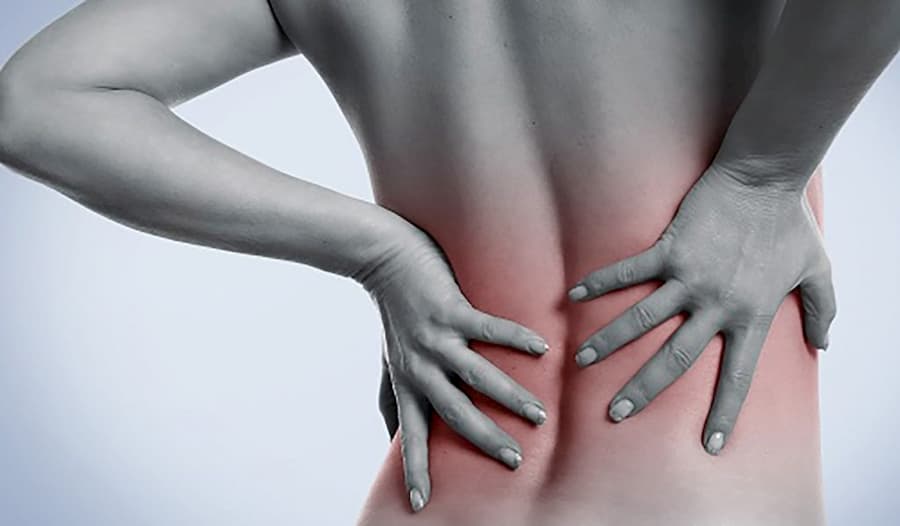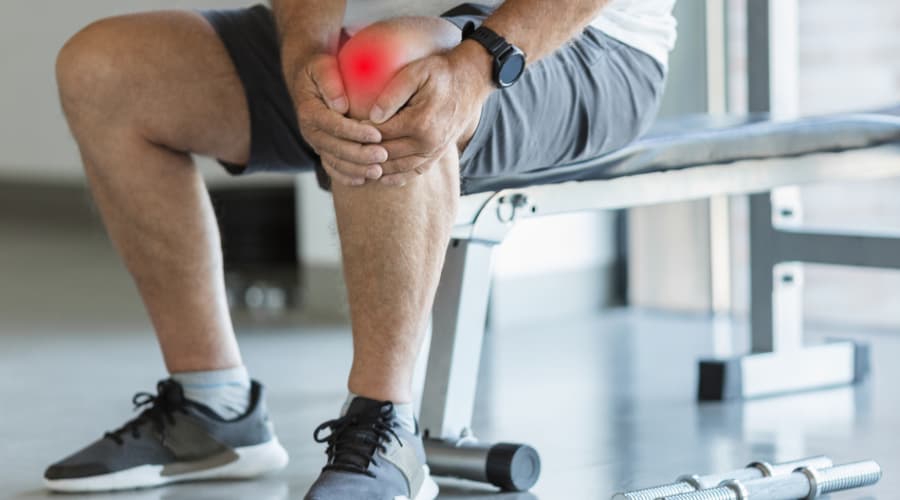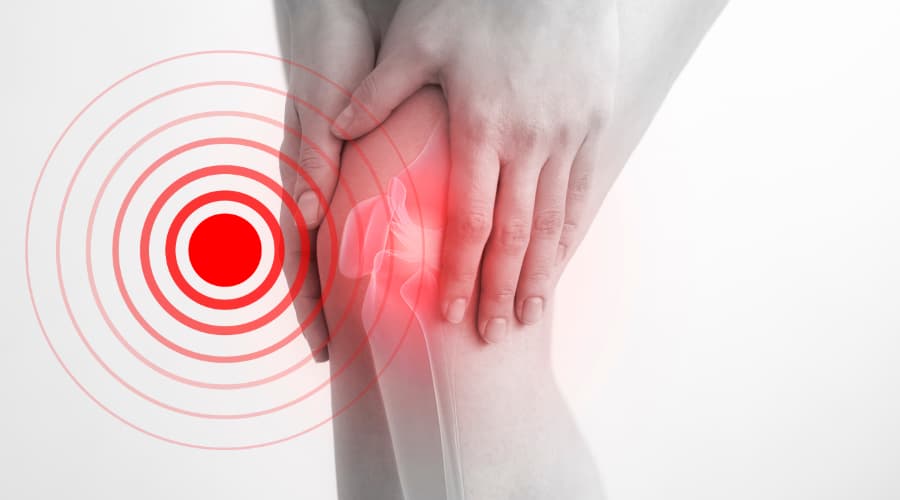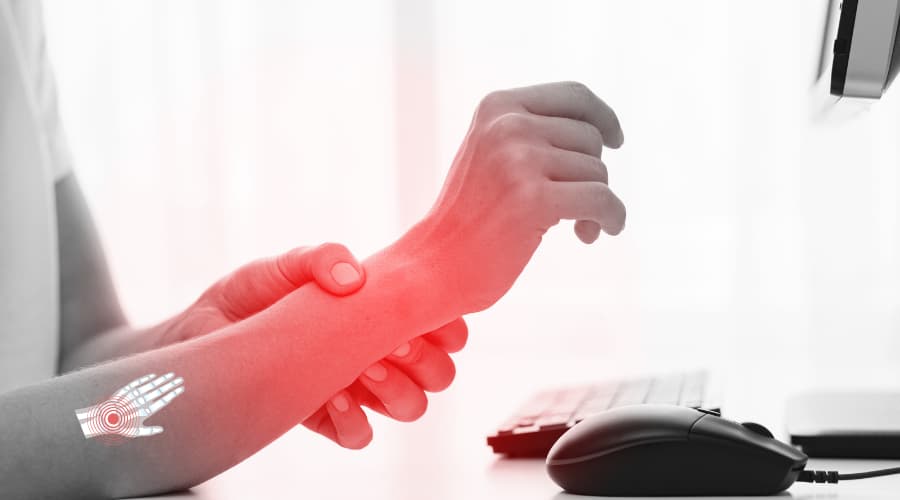According to the Football Association, one in five adults play football in some shape or form across the UK and it’s on the rise. In sport, injuries comes with the territory and football is no different.
As football is very popular sport it is important to understand common risks of injuries and how to avoid them. It is also useful understand how to recover from any injuries you may have developed.
There is no doubt that being active is beneficial to your health. However, there are always risks involved and it is paramount that you also look after your body. To minimise the risk of injury enables individuals to remain active for longer, improving health over a lifetime. There are a couple of injuries that footballers commonly sustain but in the context of sport injuries, football is relatively safe compared to activates such as rugby. The majority of football related injuries are trauma-based injuries affecting soft tissues. Owing to the nature of the sport a large proportions of the injuries affect the lower extremities. Common injuries often affect the hamstrings, knees and ankles.
Injuries
Repetitive straining can cause injuries. These often develop when individuals do not leave enough time to recover between training and fail to cool down or stretch properly. Injuries can include shin splints, pain in the back of the knee (Patellar Tendinitis) and pain at the back of the ankle (Achilles Tendinitis). In severe cases overuse it can even lead to stress fractures.
Trauma-based injury is the second type of injury common among footballers. These can arise from overextension or contact between players. These injuries can often be more serious and in some instances may even require surgery. Common trauma injuries include ankle sprains, hamstring stains, anterior cruciate ligament (ACL) strains and cartilage tears.
Often more serious injuries to lower extremities such as cartilage tears or ACL damage can lead to instability problems, which in turn can lead to alignment problems. This occurs as weight becomes unevenly distributed across the legs in order to overcompensate for the injury. This can amount to problems such as a misaligned pelvis and back pain.
Speak to our Sports Massage Therapist at Vale Health Clinic for more information, on 01892 543029
Related Articles
- Deep Tissue Massage & Sports Massage Information
- Sports Massage Benefits
- Calf Injuries – Cause, Symptom, Prevention and Tips
- Joint Support for Summer Sport




